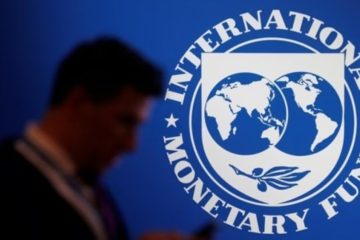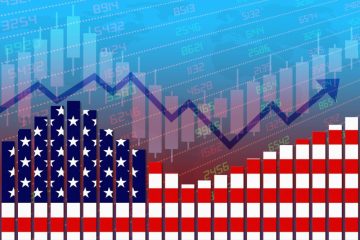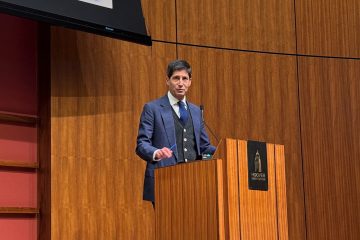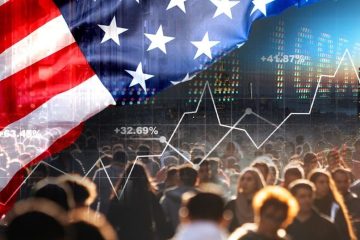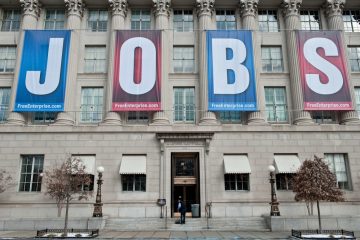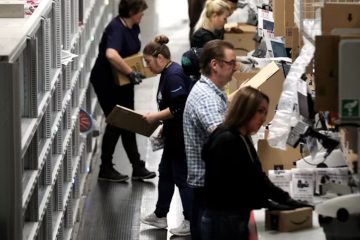Trump meets with Japan to negotiate tariffs amid trade disputes
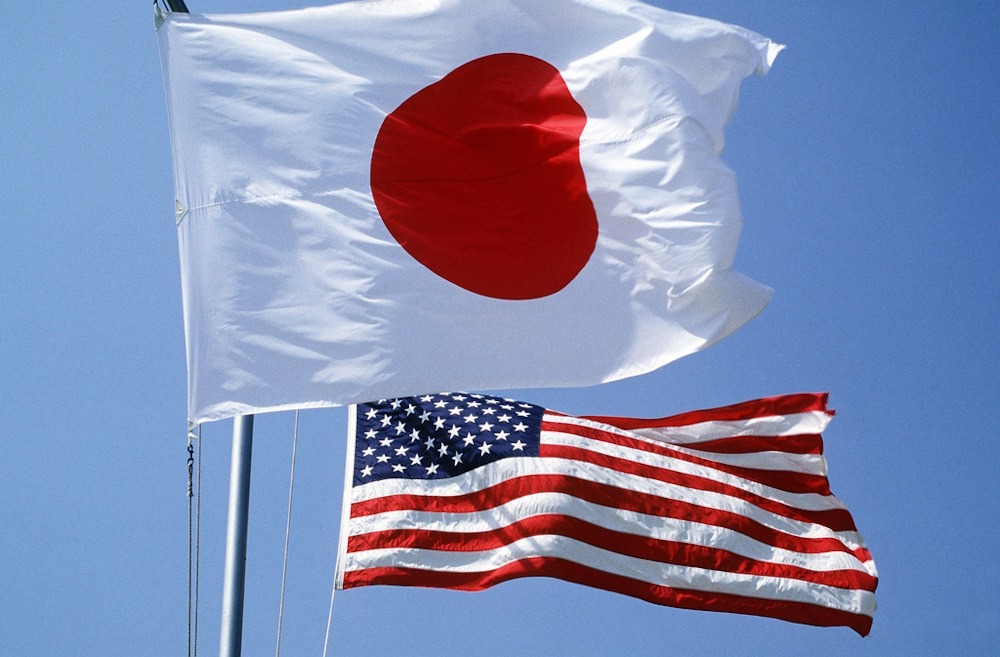
President Trump participates in tariff discussions with Japan as the United States aims to secure agreements in the context of ongoing trade conflicts. On Wednesday, US President Donald Trump took a direct role in trade negotiations with Japanese officials, highlighting the significant stakes for the United States following the economic turbulence caused by tariffs. The administration has sought to reassure the public of its commitment to swiftly concluding trade agreements. The Republican president participated in the meeting with Treasury Secretary Scott Bessent and Commerce Secretary Howard Lutnick, both of whom serve as key economic advisers integral to his trade and tariff strategies.
It is anticipated that a favorable agreement can be reached that benefits both Japan and the USA. In a recent social media post, Trump shared his thoughts in anticipation of the upcoming meeting. Following the meeting, he expressed: A Great Honor to have just met with the Japanese Delegation on Trade. Big Progress!
The president’s decision to engage directly in negotiations underscores his intent to expedite the finalization of multiple trade agreements, particularly as China actively seeks its own set of deals. The global stage is currently witnessing a significant evaluation of Trump’s reputation as a dealmaker, as nations strive to mitigate the potential repercussions of his import tariffs. The tariffs announced by Trump on April 2 sent shockwaves through the financial markets, igniting concerns over a potential recession. In response, the U.S. president swiftly implemented a partial 90-day suspension of the import taxes while simultaneously raising his existing tariffs on China to as high as 145 percent. The recent pause has provided Japan with a temporary reprieve from the imposition of 24 percent tariffs across the board. However, a 10 percent baseline tariff remains in effect, alongside a significant 25 percent tax on imported vehicles, auto parts, as well as steel and aluminum exports.
Japan’s average tax rate of 1.9 percent on imported goods, coupled with its enduring alliance with the United States, positions Wednesday’s discussions as a pivotal moment. These talks will serve as a significant gauge of the Trump administration’s ability to secure a substantial agreement that instills confidence among markets, American voters, and international partners. Japan has positioned itself as one of the initial nations to engage in open negotiations with the United States. Former President Trump and various officials from his administration have reported a significant increase in international communications, with numerous countries reaching out to engage in negotiations. These nations are keen to secure agreements with a leader who perceives himself as an adept negotiator, particularly in light of the impending conclusion of a 90-day tariff pause. Israel and Vietnam have proposed eliminating their tariff rates entirely; however, Trump has yet to express a definitive stance on whether this move would meet his expectations.
In a strategic move amid the upheaval surrounding Trump’s announcements, China is positioning itself as a more dependable trade partner. President Xi Jinping is actively engaging with nations in Southeast Asia, seeking to leverage the current situation to enhance China’s economic influence in the region.
On Thursday, former President Trump is set to engage in discussions with Italian Prime Minister Giorgia Meloni. It is anticipated that Meloni will convey messages from the European Union regarding potential resolutions to the tariffs imposed by Trump on the bloc of 27 member states. The U.S. president is likely facing mounting domestic pressures to address tariffs, as a significant portion of voters indicate they supported Trump’s return to the White House with the explicit aim of enhancing the economy. California Governor Gavin Newsom initiated a lawsuit on Wednesday, contending that former President Trump exceeded his authority by declaring an economic emergency to impose tariffs. In his statement, the Democrat asserted that these tariffs have resulted in significant economic disruption.
On Wednesday, Federal Reserve Chair Jerome Powell issued a cautionary statement regarding former President Trump’s tariff policies, indicating that they could negatively impact the U.S. economy. This remark serves as a direct challenge to the current administration’s efforts to promote the import taxes as a beneficial long-term strategy for the nation. Federal Reserve Chair Jerome Powell stated at the Economic Club of Chicago that the magnitude of the tariff increases announced to date exceeds expectations. He indicated that the economic repercussions are also expected to be substantial, potentially resulting in elevated inflation and a deceleration in growth.
Japan, along with several other countries aiming to mitigate the potential economic repercussions of Trump’s tariffs, has been actively working to formulate a response. A special task force has been established to evaluate the effects of the tariffs and provide loans to concerned companies. Prime Minister Shigeru Ishiba is actively engaging with President Trump in efforts to secure exemptions, yet the government has remained largely silent on the potential concessions that may be discussed during these negotiations.
The administration has also not provided clarity regarding its requests. The Trump administration is actively pursuing measures to address the $68.5 billion trade deficit with Japan while aiming to enhance access for U.S. goods in international markets. Additionally, the president has emphasized that revenues generated from tariffs could be allocated towards reducing the federal budget deficit. On Wednesday, Trump announced that Japan is set to arrive today for negotiations concerning tariffs, the expenses associated with military support, and issues related to trade fairness.
U.S. officials convened in Washington with Japan’s chief trade negotiator, Economic Revitalization Minister Ryosei Akazawa, to discuss key trade matters. Akazawa expressed his readiness for the upcoming discussions, addressing reporters at Tokyo’s Haneda Airport prior to his departure. The intention is to engage in negotiations aimed at robustly safeguarding our national interests. He stated that both Bessent and U.S. Trade Representative Jamieson Greer are recognized for their pro-Japan stance and professional expertise, expressing his hope to establish a relationship of trust with them.
The potential for constructive discussions aimed at establishing a mutually beneficial relationship that aligns with the national interests of both Japan and the United States is promising, he stated. Japan has asserted that the tariff measures implemented by Trump may potentially breach existing bilateral trade agreements or regulations set forth by the World Trade Organization. Ishiba has expressed his opposition to retaliatory tariffs; however, he has indicated that he is not in a hurry to pursue a settlement, as he seeks to avoid making concessions.

